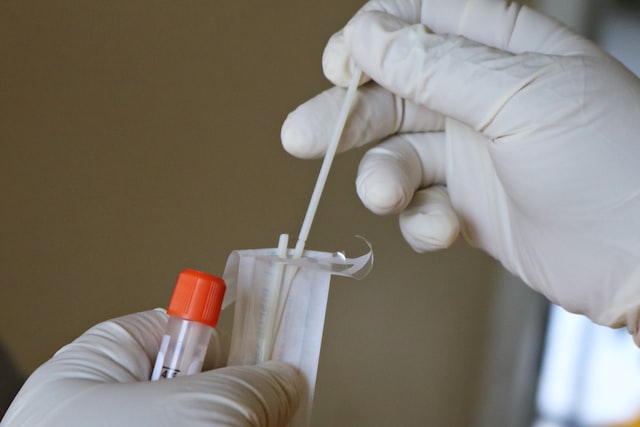If you have a child, and you want to know whether or not your husband is your child’s father, then you need to find out how to get a court order for a DNA test. The process is simple. However, there are some things you must keep in mind.
Before you can get a DNA test, you must first file a paternity petition in the family court in the city where the child was born. In the petition, you will need to show that the child has a valid parental relationship with you. You can also ask the court to add the name of the father to the child’s birth certificate.
In order to get a court order for a genetic test, you need to have a very good reason for your request. Often, the court will not accept a test unless the person requesting it can prove that there are exceptional circumstances affecting their relationship with the child. For example, if the mother had married someone else when the child was conceived, the court will not order a genetic test.
Your lawyer can help you with this. He can write a proper petition for you, and then submit it to the court. Once the judge approves your request, you will get a court order for a DNA testing.

DNA tests are accurate and can give you peace of mind before filing a lawsuit. They are usually performed in a lab, and the results are provided to the court. Most courts will consider the results of a DNA test in three to six weeks. During this time, you will meet with your attorney, who will explain the results and what you can do with them.
There are two types of DNA tests that are commonly used in court cases. One type is a court-ordered test, and the other is a self-ordered test. Each test requires a certain amount of money to be paid by either party.
Usually, the parent who wants the DNA test to be approved will have to pay the fee. This fee depends on the state, and may be a one-time fee or a yearly fee.
Alternatively, the court can decide to order a test, even if the father has not yet appeared. This is a more common method of establishing paternity. As long as the man who is alleged to be the father agrees to the test, the results are admissible in court. A positive test is enough to make you an adjudicated father.

You can also request a test for other purposes, such as proving maternity or immigration. These tests are performed by a government agency or lab, and can provide evidence in support of a family’s relationship. Usually, the government will require a witness for these kinds of tests.
A court can also order a DNA test for an unmarried father who is seeking custody of the child. The court will also order a DNA test for an alleged heir, if there are disputes about inheritance rights.
Image by Unsplash+
